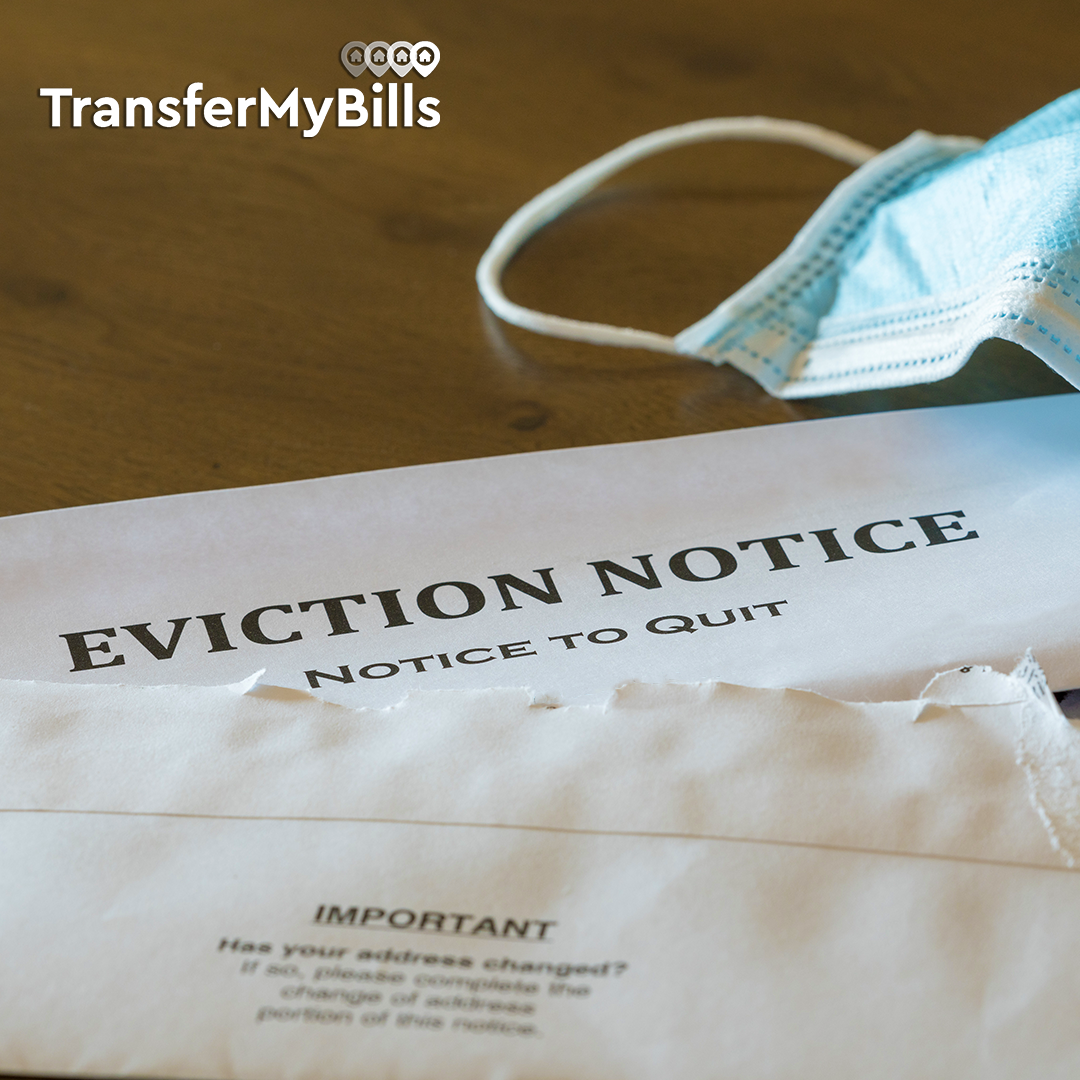The government have recently made emergency amendments to the regulations within the Coronavirus Act regarding rental evictions, protecting renters from eviction well into 2021. These amendments came in the form of an open letter to the Chief Executives, Chief Housing Officers and Chief Officers for Children’s Services of all local authorities; stating that from the 29th August 2020 all landlords must give tenants six-months’ notice of their intention to seek possession.
This comes as great relief for renters in England and Wales, at a time when the Coronavirus pandemic may have just rung the bell to commence the second round of impacting our everyday lives. Residential tenancies were originally protected up until the 30th September 2020 but due to new evidence suggesting that the fabled ‘Second Wave’ is arriving sooner than expected, this immediate extension has been sanctioned. The letter states:
“Evictions over the winter period present a health risk to individuals as it will put them at greater risk of contracting coronavirus and puts additional pressure on what could be an already overstretched NHS and local authority services.”
Landlords with nightmare tenants shouldn’t see this as bad news however, as the government have gone to lengths to make these regulations benefit both parties.
Notice periods for evictions on grounds that relate to anti-social behaviour (defined as nuisance, illegal or immoral use of a property), domestic abuse, riot and fraud return to being as soon as two weeks’ notice – dependent on whether the tenancy is secure, demoted or introductory.
If a tenant has six or more months of rent arrears, landlords can now provide just four weeks’ notice. But the new six-month notice period still applies if a tenant hasn’t paid rent for any length of time less than six months.
The Housing Secretary Robert Jenrick summarised the stipulations in a statement:
“It's right that we strike a balance between protecting vulnerable renters and ensuring landlords whose tenants have behaved in illegal or anti-social ways have access to justice.”
Robert seemingly acknowledged that the strain on services caused by Coronavirus hasn’t subsided and is set to worsen, commenting that we’re currently “at a time when public and local authorities may be dealing with an increased demand for services”.
But there are no answers regarding the significant backlog of tenants who will exist at the end of this grace period. A survey by Shelter found that over 400,000 tenants have either been threatened with eviction or built up rent arrears during the pandemic.
There is good news for private renters on Universal Credit or Housing Benefit though, as Local Housing Allowance rates (LHA) have been set to the 30th percentile of each catchment area – Essentially 30% of the way up the scale from the cheapest rent to the most expensive rent. Not only this but Discretionary Housing Payments are also available for renters requiring an extra hand, £180 million has been put aside for such payments.
If you’re renting and struggling, it’s best to consult Citizens Advice. There’s plenty of online information available, from finding out what type of tenancy you have to what to do if you’ve been served an eviction notice.

